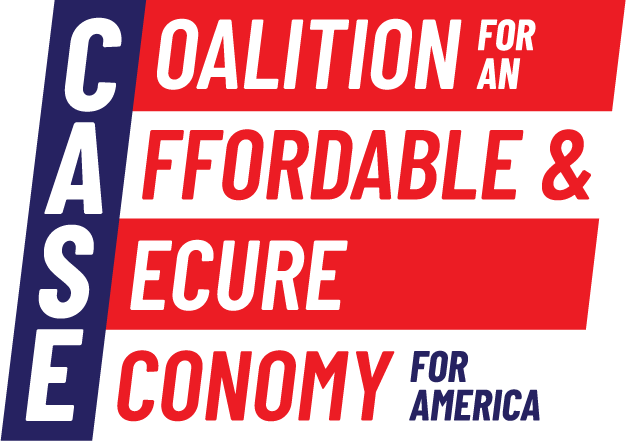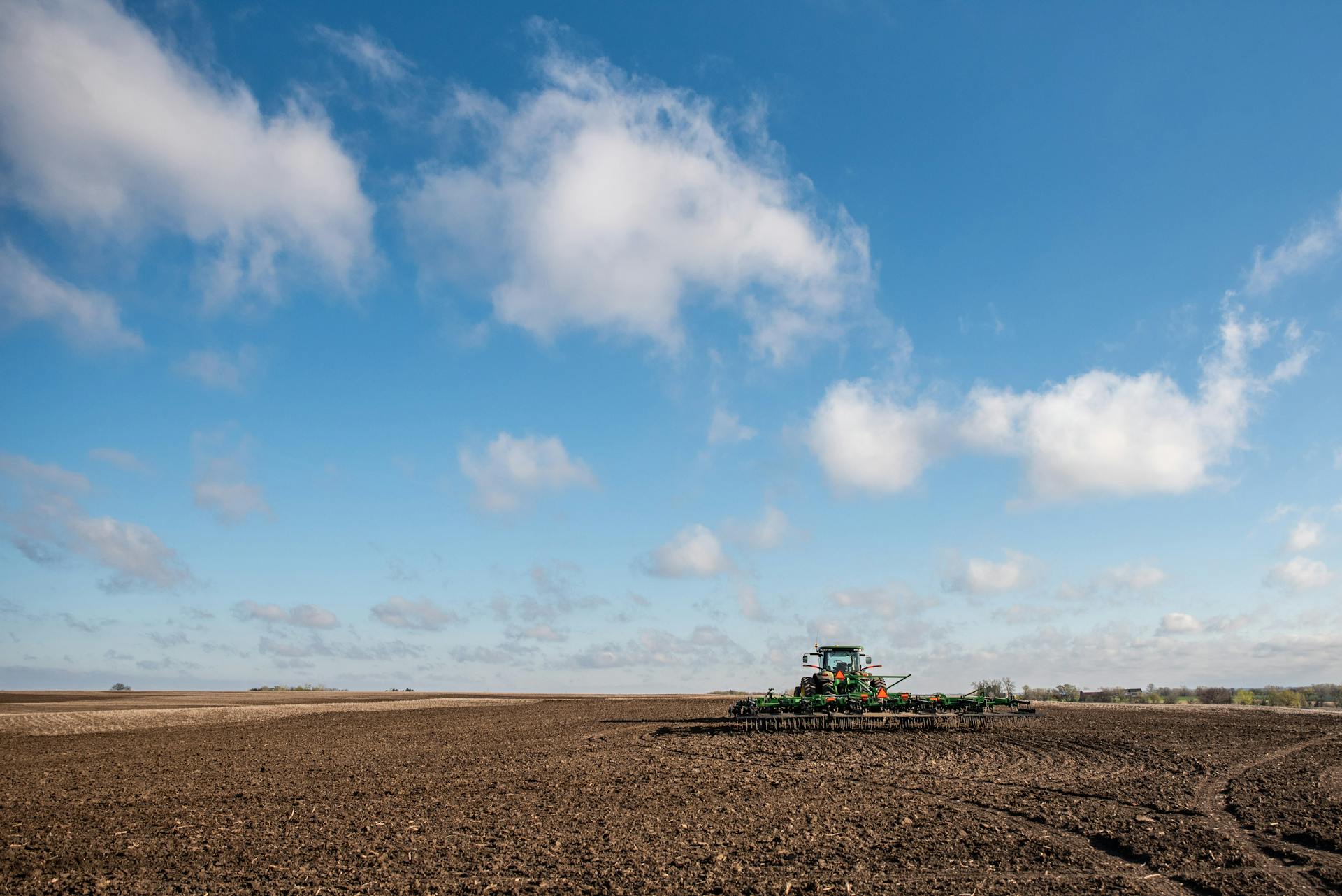From cornfields to cattle ranches, Nebraska’s economy is once again bracing for the impact of President Trump’s proposed tariffs. The state’s agricultural sector, a cornerstone of its economic and cultural identity, is particularly vulnerable to the repercussions of such trade measures.
Cornhusker State farmers are still reeling from the impacts of the 2018 wave of tariffs. Coupled with new data suggesting that increasing tariffs could cost the average household anywhere from $2,100 to $4,700, Nebraskans are preparing for another economic rollercoaster.
Tariff Impact on Nebraska During President Trump’s First Term
In 2018, Nebraska’s farmers, small businesses and agricultural sector were devastated by tariffs, suffering crippling financial losses and decimating local businesses.
Small Business:
- Companies like Behlen Manufacturing faced 30% to 40% higher domestic steel prices that were a “tremendous burden” on operations, according to the company’s chairman, Tony T.R. Raimondo. (Mercatus Institute, 4/27/18)
- Schaeffer’s, a store that sells TVs and appliances in Lincoln, Nebraska, had to raise prices on major appliances 5% to 7% early in 2019 after a 25% tariff on washing machines took effect in early 2018, says store owner Ron Romero. (USA Today, 8/30/19)
Agriculture:
- In 2018, Nebraska farmers suffered significant financial losses due to retaliatory tariffs, with estimates exceeding $1 billion. Soybean producers were hit hardest as demand from China, the state’s largest export market, dropped by 90%. (Axios, 12/5/18)
- A 2019 report by the Nebraska Farm Bureau projected nearly $943 million in revenue losses for that year alone, attributing a loss of $588 million to soybeans, $251 million to corn, and $40 million to pork. (Nebraska Public Media, 9/4/19)
Tariff Impact on Nebraska Today
The recent announcement of tariffs has caused a new round of economic anxiety in the Cornhusker State, and agricultural leaders and local businesses alike have been left reeling amid economic uncertainty.
Small Business:
- Tariffs are expected to delay the expansion of the highly anticipated WarHorse Gaming Casinos in Lincoln, Nebraska. (Lincoln-Journal Star, 4/16/25)
- Local wineries and liquor stores in Nebraska expect to substantially raise prices on wine and liquor. (Beatrice Daily Sun, 4/10/25)
Agriculture:
- As of early 2025, Nebraska agricultural leaders expressed concern over the potential reimplementation of tariffs. Lance Atwater, youth at-large director of the Nebraska Farm Bureau, highlighted the uncertainty tariffs bring, stating, “When you hear the word tariffs, it gives uncertainty of what could or could not happen.” (Dakota News Now, 1/2/25)
- Farm income in Nebraska has declined by 23% since 2022, exacerbating the financial strain on farmers already dealing with tight margins and high input costs. (Dakota News Now, 1/2/25)
What Nebraskans Are Saying About Tariffs Today
- Nathan Bowen, Vice President, Irrigation Association: “It can mean layoffs, reduced production, delayed expansion plans and fewer equipment purchases. And when you’re talking about essential industries like agriculture and irrigation, those ripple effects hit the entire economy.” (Flatwater Free Press, 3/5/25)
- Edward Balistreri, Duane Acklie Yeutter Institute Chair and Professor of Economics, University of Nebraska-Lincoln: “The 10% additional tariff covers a significant group of goods which were spared in the 2018 trade war. Furthermore, the 10% additional tariff on goods that do already have substantial tariffs has a compounding effect on economic distortions. Our quantitative models suggest that the 10% minimum tariff on China, combined with China’s retaliation on U.S. energy goods, motor vehicles, and agricultural equipment, will have a negative economic impact on the U.S. that is larger than the 2018 trade war.” (University of Nebraska, 3/4/25)
What Nebraskans Said About Tariffs During President Trump’s First Term
- Kevin Kelley, CEO, Kelley Bean Company: “We put up a lot of politics in our industry, and politics probably have more to do with our markets than the market itself. We’re still suffering from those retaliatory tariffs with EU (European Union).” (University of Nebraska, 10/2/23)
- Brent Gloy, Nebraska farmer and agricultural economist at Purdue University: “At the end of the day, these tariffs will increase prices for U.S. soybeans in China, and incentivize production in South America.” (POLITICO, 7/6/18)
- Ron Romero, Owner of Schaefer’s: “[Regarding price increases to TV appliances] People will do without a TV.”(USA Today, 8/30/19)

